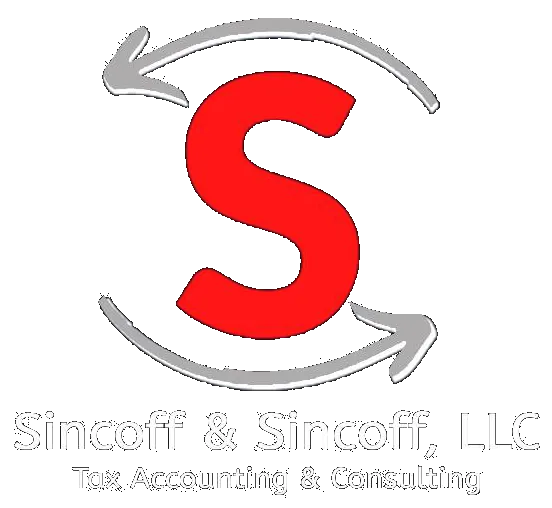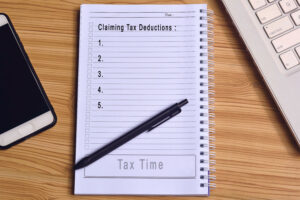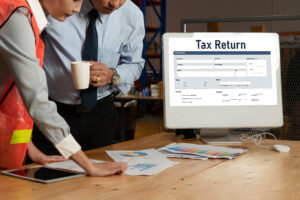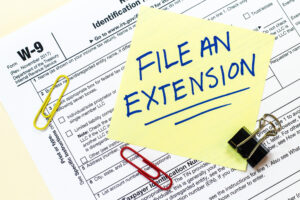Tax season rolls around and suddenly everyone’s an expert. Your coworker swears by some app, your brother-in-law claims he saved thousands doing it himself, and meanwhile you’re staring at a pile of documents wondering what half of them even mean.
Living in New Jersey doesn’t make this any easier. We pay some of the highest taxes in the country, but we also have more ways to reduce them than most people realize. The catch? You actually have to know they exist.
Most of us learn about tax stuff the hard way—by screwing it up first. Maybe you missed a deduction last year, or got a letter from Trenton asking questions you couldn’t answer. That’s usually when people start thinking about getting professional help instead of winging it.
New Jersey Doesn’t Play by Normal Rules

Filing Personal Income Tax Correctly
Every state thinks their tax system is special, but New Jersey actually is different in ways that matter to your wallet. We don’t just copy federal tax law and call it a day. The state picks and chooses which federal rules to follow, creates its own credits, and throws in local taxes that vary by town.
Property taxes here are brutal, but there are ways to soften the blow if you know what to look for. Some are automatic, others require paperwork most people never file. Veterans get breaks that aren’t well advertised. Seniors have options that can cut their tax bill significantly.
The income tax brackets here don’t match federal ones. What pushes you into a higher bracket federally might not affect your state taxes the same way, or vice versa. This matters when you’re making decisions about retirement withdrawals, bonus timing, or investment sales.
Local taxes add another layer of confusion. Your town might tax your income on top of everything else. Some municipalities have their own rules about who pays what and when. Others don’t tax income at all but make up for it in other ways.
Finding Someone Who Gets It
What to Look For
Not all tax preparers understand New Jersey’s quirks. Chain operations often train their people on federal law and basic state requirements, but miss the nuances that can save or cost you money.
Look for someone who’s been doing New Jersey returns for years, not just during their busy season. Ask them about specific New Jersey programs and see if they know what you’re talking about. If they’re googling answers during your consultation, keep looking.
Experience with your type of situation matters too. Someone who mostly does simple returns might not know the ins and outs of rental property taxation or small business deductions in New Jersey. Don’t assume all tax professionals know all areas equally well.
References help, but ask specific questions. How did they handle problems? Were they available when needed? Did they catch things previous preparers missed? Generic “they’re great” feedback doesn’t tell you much.
Getting Your Money’s Worth
Professional tax help should do more than just transfer numbers from your documents to forms. Good preparers ask questions about your situation, review previous returns for missed opportunities, and explain what they’re doing and why.
They should also be available after April 15th. Tax questions don’t stop when filing season ends. If you get audit notices, amended forms, or need advice about major financial decisions, having someone to call matters.
Documentation is important too. You should understand what was claimed on your return and have copies of everything. If questions come up later, you need to know what happened and why.
New Jersey Opportunities Most People Miss
Hidden Money
New Jersey has tax breaks that don’t get much publicity. Some are income-based, others depend on your age or family situation. Many require separate applications with deadlines that don’t match tax filing deadlines.
The property tax situation here gets all the attention, but there are multiple programs designed to reduce the impact. Some are automatic if you qualify, others require paperwork that many eligible people never file.
Business owners face particular challenges here. New Jersey has its own rules about deductions, depreciation, and income reporting that don’t always match federal requirements. Getting this wrong can be expensive, especially if the state decides to take a closer look later.
The Real Numbers
Professional tax preparation typically runs $250-450 for most individual returns in New Jersey. That sounds like a lot compared to free software, but consider what you’re buying: local expertise, error protection, and someone to handle problems if they arise.
Most people who switch to professional preparation find the increased refund or reduced tax liability covers the fee. Even if it doesn’t completely pay for itself the first year, the peace of mind and time savings usually justify the cost.
The relationship gets more valuable over time. After a few years, your preparer knows your situation and can spot changes or opportunities quickly. They remember what happened before and how it affects current decisions.
Skip the stress of wondering if you did everything right. In New Jersey’s complex tax environment, professional help usually pays for itself while giving you one less thing to worry about.





